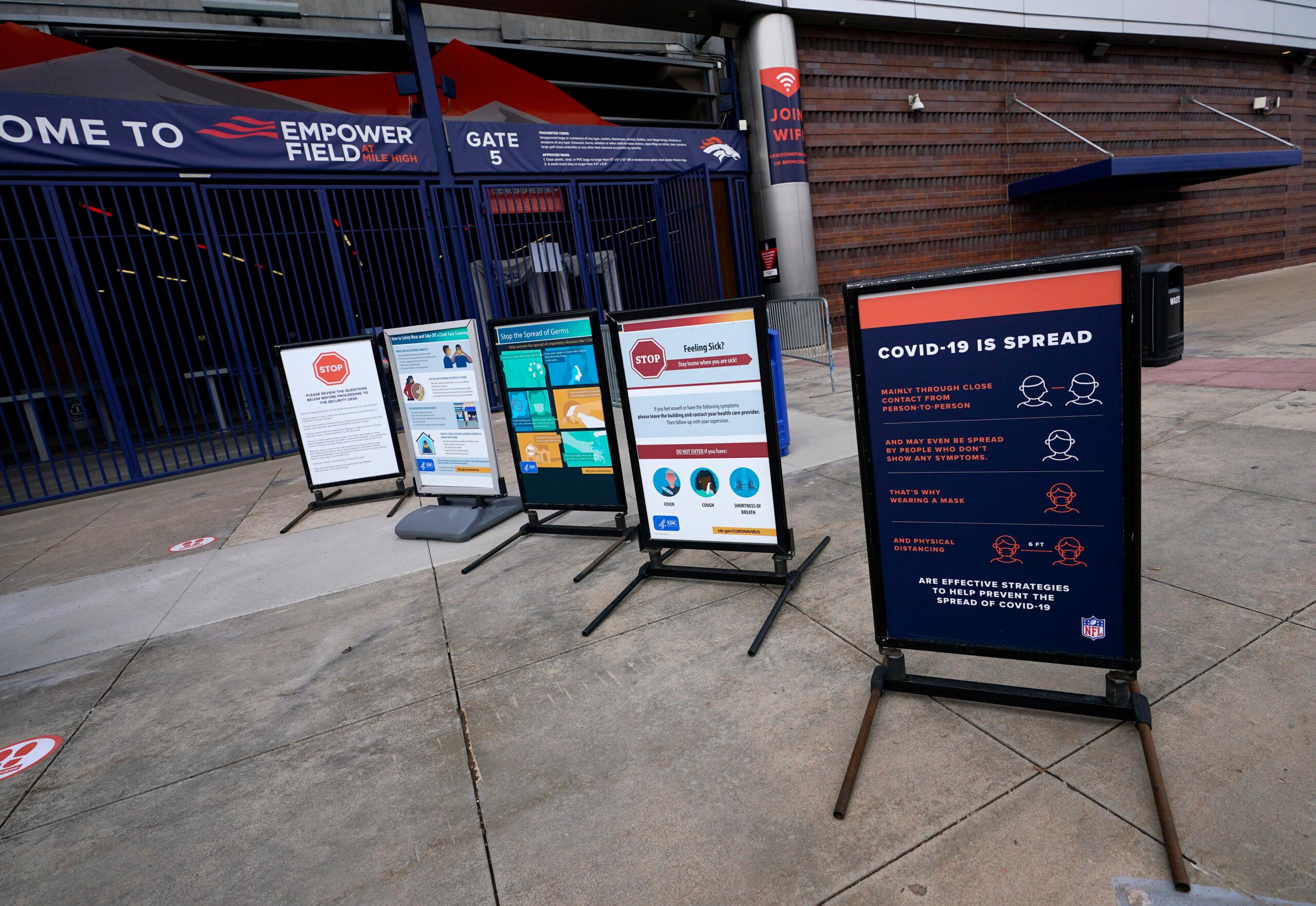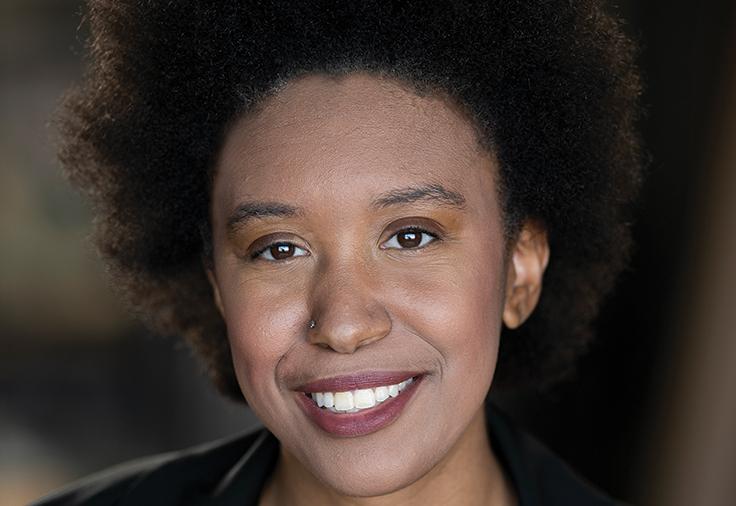
Broncos fans will be allowed to attend home games beginning Sept. 27.
That Sunday will mark Denver’s second home game of the season. The team will play against the Tampa Bay Buccaneers.
Just 5,700 fans will be able to go, and they'll be limited to 175 people per section. Those groups will be asked to go to the restrooms and concession stands nearest to their seats.
This is supposed to make it easier to trace people exposed to someone with COVID-19 in case there is an outbreak. In total, this is about 7.5 percent of the stadium’s capacity. These seats will be primarily for season ticket holders. There will be a limited amount of half-priced seats available.
Polis said there will be an opportunity to look at welcoming additional fans in the future if the current method proves to be effective.
“Everybody in our state knows normal in the fall means a very important thing ... it means football,” he said. “I know that everyone, including myself and my family, is eager to get back to football Sundays.”
'We are not back to normal'
Brittney Bowlen, vice president of strategic initiatives and the daughter of the late Pat Bowlen who was the majority owner of the team, joined Polis to share the news during Tuesday’s press conference.
“We are not back to normal,” she said. “Empower Field at Mile High will look and feel very different this year.”
At the stadium, there will be face mask requirements as well as social distancing protocols. Seats will be sold in pods of one to six tickets. Pods will be at least six feet apart. Concessions and restrooms will be touchless and cashless. Any person who does not abide by these guidelines will be asked to leave.
All of the staff working on game days are required to do a health screening which includes a questionnaire and a temperature check. Security and guest relations staff numbers will remain similar to those before the pandemic.
The stadium also underwent some infrastructure changes in anticipation, including replacing air filters, UV-C lights installed on escalators to reduce bacteria, and putting in more than 500 additional hand sanitizer stations.
Season ticket members will enter a lottery and will be weighted by their priority number. These members will then get a time slot when they can go to Ticketmaster and purchase tickets. If a member does not want to purchase at this time, they don’t have to do anything and it will move on to the next member in the queue.
Polis was asked if he was showing favoritism to the NFL franchise not shown to others, like churches and other events.
The Jefferson County Public Health Department sued Bandimere Speedway in Morrison after a recent large “Stop the COVID Chaos” rally, with many in attendance not wearing masks, in protest of public health orders put in place by the state and local health departments.
Following health orders, the race track is forbidden from hosting more than 175 people without plans first being okayed by Jeffco’s public health department, which the agency said it hadn’t done.
“Well the Broncos are beloved, but frankly they're playing by the same rules here as every other type of large event,” Polis said. “They're having a series of 175 person events in a very large outdoor setting.”
He said there will be distinct entry points and encouraged others like the race track to “really find a way to do that safely because we want to get back to normal as quickly as possible.
Bowlen said the Broncos had been partnering with the state and its health department over three months to put plans in place, which included changes to the infrastructure of the building and upgraded sanitation and disinfection.
Polis was also asked if he was concerned about large gatherings as Colorado heads into the fall, with colder weather and uncertain impacts due to the flu season. He replied that Colorado did see a spike in cases after the July 4th weekend, that hopefully Coloradans “learned our lessons,” and won’t see a repeat over Labor Day, though that won’t be known for two weeks.
A new virus tracking app is coming soon
Polis’ second big announcement of the day was a new virus tracking app in collaboration with Google and Apple. It sends n alert if you’ve been in contact with someone who has contracted the virus. The app is called EN Express and will be available in Colorado at the end of September.
“The more people download and use it, the quicker we can get past the pandemic,” Polis said.
Sarah Tuneberg, the leader of testing with the Colorado Department of Public Health and Environment said the app is optional and anonymous. “There is no personal information that is tracked, shared, held, communicated with anybody else,” she said.
She said the technology has come a long way, that the state has taken a conservative approach to adopting it.
“We’ve watched, we’ve waited,” Tuneberg said.
She said the app will be free, easy to activate and won’t need to be downloaded. Tuneberg gave an example of a pair of friends, Alice and Bob, having a conversation on a park bench or the Bronco stadium or on a ski lift.
“Their phones are exchanging through Bluetooth, anonymous tokens, back and forth with each other. Those tokens are stored on a public health lab’s server, but it's completely anonymous,” she said.
If Bob later gets a positive COVID-19 test result, then the public health agency can give Bob a code. He enters it on his phone, which activates all the tokens and sends a message back to the phones that had exchanged tokens to let the owner know they may have been exposed.
Tuneberg said then the health agency can give specific information about testing, isolation and quarantine.
Polis said a similar product in South Korea proved effective in stemming the outbreak of the virus, allowing that country to get back to much more normalcy faster.
“If you opt in, you can be notified if you've been exposed to the virus from another person using the service,” Polis said. “It doesn't track your location. It doesn't share your identity, but it just gives you an early heads up.”
Colorado will be one of the first states to deploy this technology, Polis said. “We want to use every tool in the toolbox to contain the virus and limit community spread.”









